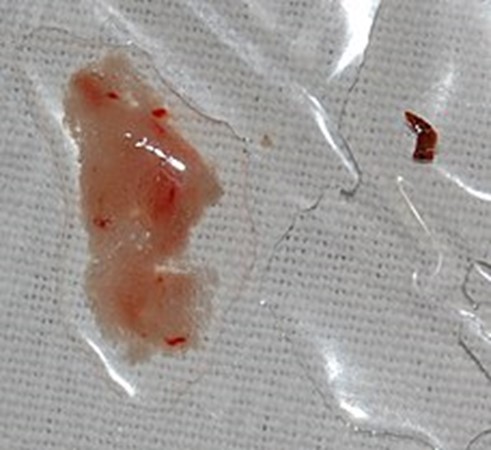A patient is started on prednisone therapy. Which of these goals should be given priority in the patient's plan of care?
The patient will maintain a moist oral mucosa.
The patient will increase physical mobility.
The patient will remain free of infection.
The patient will ingest a moderate potassium diet.
The Correct Answer is C
Choice A rationale:
While maintaining a moist oral mucosa is important, preventing infection takes precedence, as infections can lead to serious complications and compromise overall health.
Choice B rationale:
Increasing physical mobility is a valid goal, but infection prevention is more critical, especially when starting prednisone therapy, which can weaken the immune response.
Choice C rationale:
The priority lies in keeping the patient free of infection. Prednisone can suppress the immune system, making the patient more susceptible to infections that can have severe consequences.
Choice D rationale:
Ingesting a moderate potassium diet is important, but the prevention of infection takes precedence due to the potential for serious health risks associated with compromised immunity.
Nursing Test Bank
Naxlex Comprehensive Predictor Exams
Related Questions
Correct Answer is B
Explanation
Choice A rationale:
Meconium ileus is a concern in newborns with cystic fibrosis due to thick meconium, which can cause intestinal obstruction. At 16 years old, this complication is not relevant to the client's current condition.
Choice B rationale:
Blood-streaked sputum is a likely finding in a 16-year-old with cystic fibrosis and decreased pulmonary function. Cystic fibrosis leads to mucus accumulation and lung infections, which can cause blood vessels to rupture, resulting in blood-streaked sputum.
Choice C rationale:
Clear breath sounds bilaterally indicate healthy lung function, which is not expected in a client with cystic fibrosis and decreased PFT results. Breath sounds are likely to be diminished due to mucus accumulation.
Choice D rationale:
Dyspnea, or difficulty breathing, is a common symptom in clients with cystic fibrosis and decreased pulmonary function. However, the question asks about the expected findings that the nurse should assess, not a symptom that the client might report.

Correct Answer is D
Explanation
Choice A rationale:
Performing passive range-of-motion exercises could worsen the bleeding in a patient with hemarthrosis due to hemophilia. Immobilization minimizes movement, reducing the risk of bleeding.
Choice B rationale:
While oxygen administration might be indicated in certain situations, it's not the primary intervention for hemarthrosis. The focus should be on preventing further bleeding and complications.
Choice C rationale:
Elevating the head of the bed is generally recommended for improving oxygenation, but it's not the primary concern in managing hemarthrosis.
Choice D rationale:
Immobilizing the affected joint is crucial to prevent movement that could exacerbate bleeding. This approach is aimed at minimizing damage and controlling bleeding in a patient with hemophilia.
Whether you are a student looking to ace your exams or a practicing nurse seeking to enhance your expertise , our nursing education contents will empower you with the confidence and competence to make a difference in the lives of patients and become a respected leader in the healthcare field.
Visit Naxlex, invest in your future and unlock endless possibilities with our unparalleled nursing education contents today
Report Wrong Answer on the Current Question
Do you disagree with the answer? If yes, what is your expected answer? Explain.
Kindly be descriptive with the issue you are facing.
